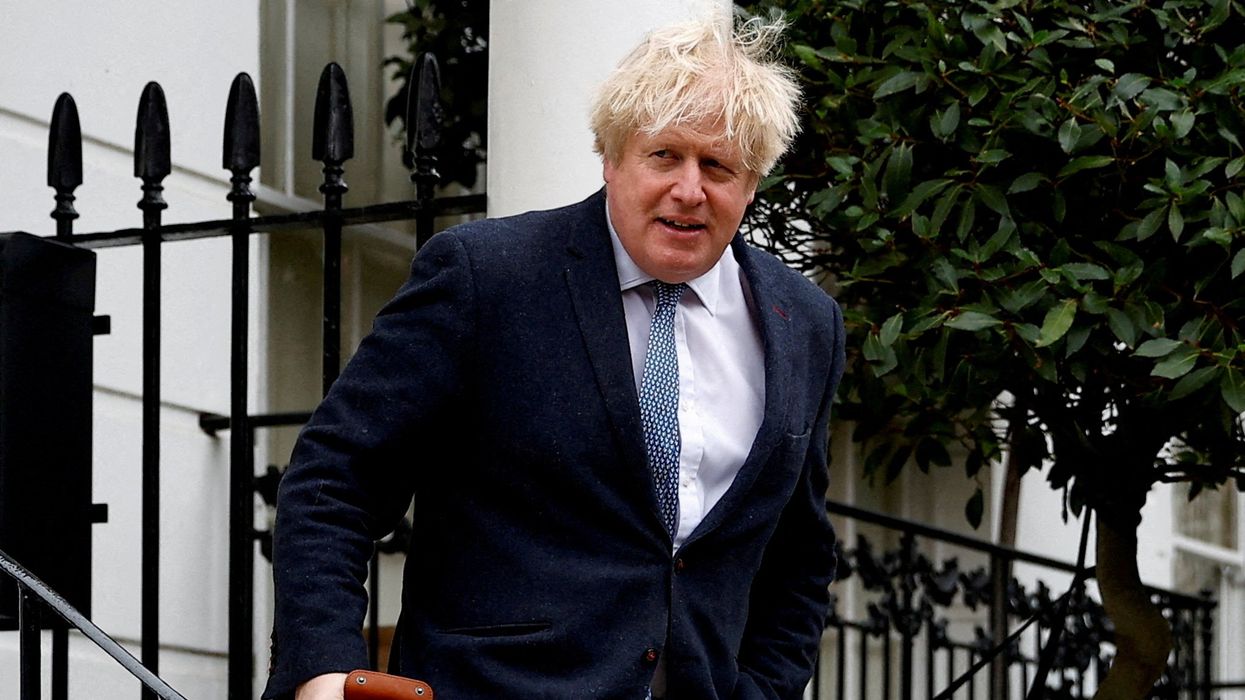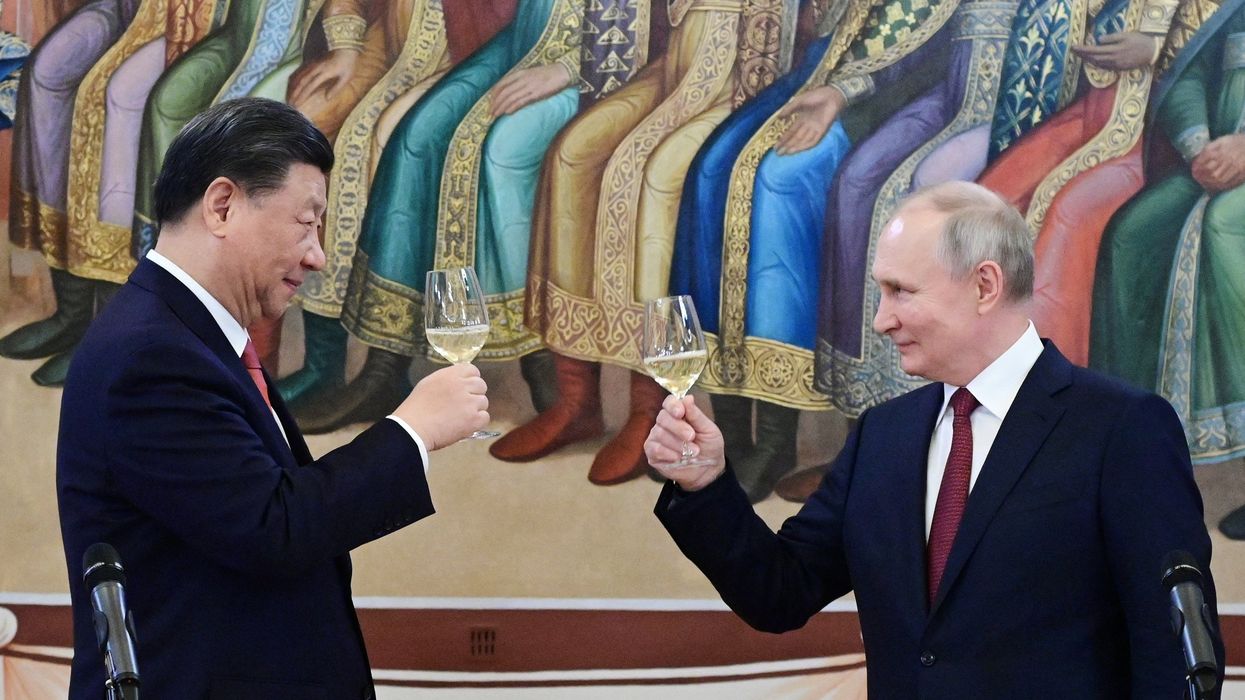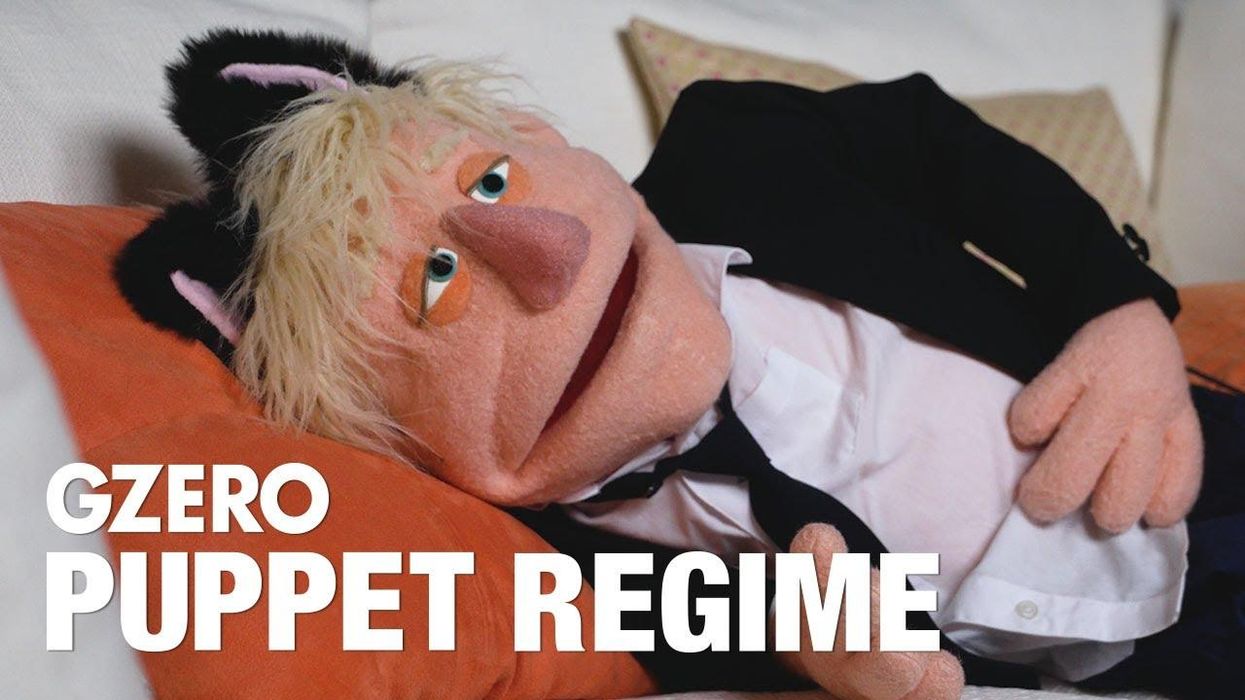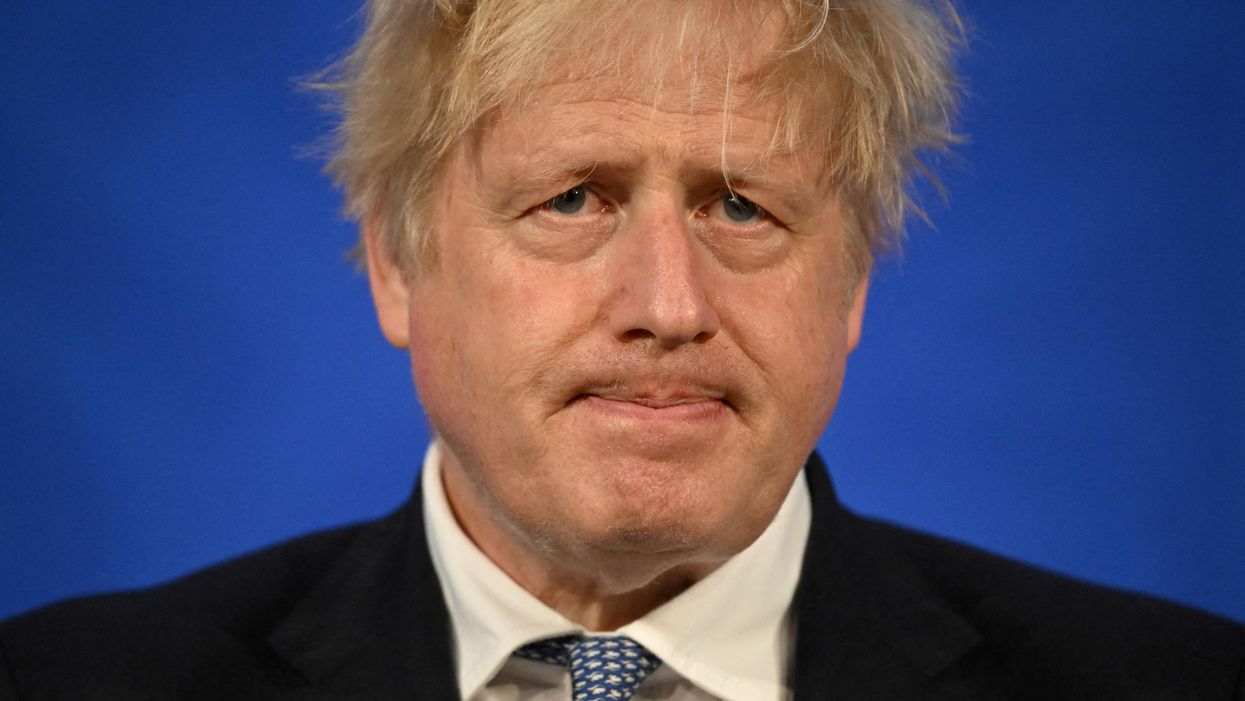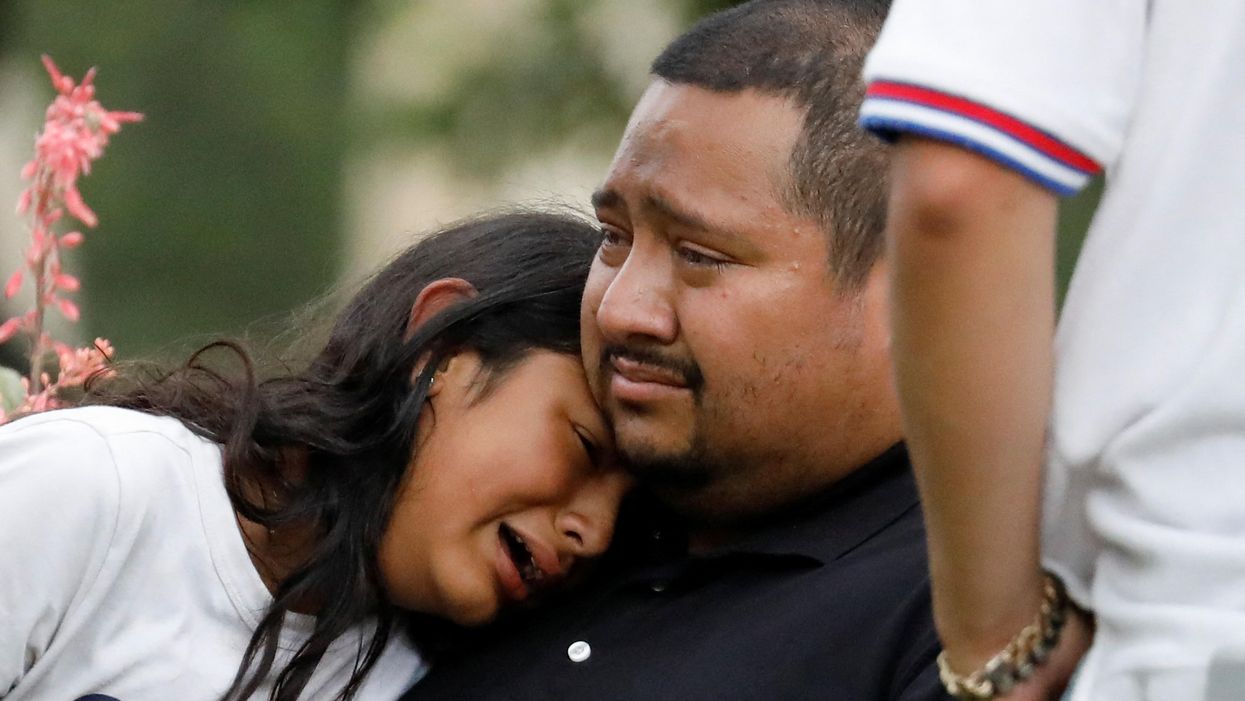News
Is this the end of Boris Johnson?
Boris Johnson is out of British political life for the first time in more than 20 years after announcing on Friday that he’s giving up his parliamentary seat and resigning from the House of Commons effective immediately.
Jun 12, 2023
